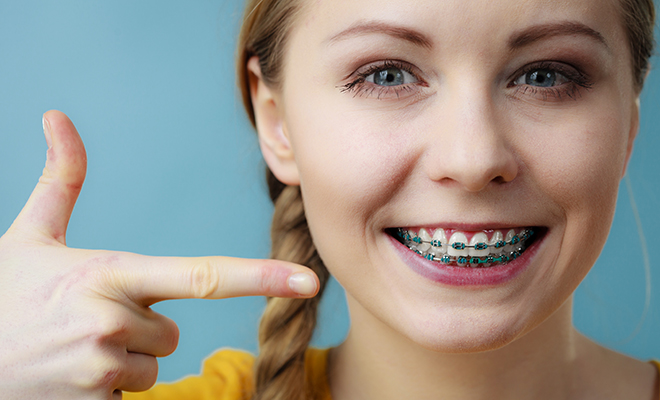
Teen Hygiene: The Good, The Bad and the Really Smelly
At a time when attention to hand washing to prevent the spread of germs is at an all-time high, it may seem silly to be talking about educating our teens about basic hygiene routines. But as our communities begin to return to normal, the past months of lax personal hygiene habits seem to be lingering. After endless days living in their pajamas, not leaving the house and keeping odd hours, our teens may need a refresher course on the basics.
Elementary-aged kids have their parents, caregivers and teachers to help remind them that clean bodies are a part of daily habits. Teenagers are subject to all these same hygiene guidelines. However, they are also fiercely independent at this age, and parents often assume that personal cleanness is something that their bigger kids should already know.
However, as tweens become teens, new hygiene needs arise. Hormones are on the rise, making the once-sweet-smelling youngsters reek like a landfill. It’s around this time that topics such as shaving or menstrual cycles throw a monkey wrench into an already complicated process of keeping grooming habits consistent.
The good news is that there are many apps, programs, tools and classes that offer up advice and tactics to help your teens cope with their ever-changing bodies.
Oral Hygiene and Braces
It can take as long as 24 months for teens to go through the entire teeth straightening process. Having a final result of a beautiful smile is entirely worth the wait, but the payoff doesn’t come without some frustrations. Braces consist of many tiny spaces that trap food and, if left unchecked, can lead to a myriad of dental problems.
Teens with braces need to be encouraged to brush their teeth after every meal, including snacks, to rinse with mouthwash and to floss at least once a day. Neglecting oral hygiene can not only lead to other health problems but can also result in bad breath and tooth staining. Our young adolescents may groan and roll their eyes at the extra effort of caring for their braces, but it will all be worth it in the long run.
Clean Bodies Equal Good Hygiene:
Smelling good, wearing clean clothes,and understanding shaving basics are excellent confidence boosters for both teenage males and females.
Regular showering is essential to keeping the body’s largest organ, the skin, free of external elements such as dirt, dust and countless bacteria. Reminding teens to use soap and a washcloth on the critical body parts, such as the hands, armpits, legs, feet, groin, joints, back, navel, elbows and knees, will work to keep their skin healthy and bodies smelling fresh.
New habits and tactics that go hand-in-hand (or foot-in-foot) with a consistent showering routine would be nail care and foot care. Teens should be encouraged to clean and trim both their fingernails and toenails several times a week to support a consistent hand-washing routine as well.
Body odor usually becomes evident when puberty hits, so discussing the difference between deodorant, which controls bacteria while adding fragrance, and antiperspirant, which is supposed to stop or limit sweating, is an essential hygiene basic for teens to know.
Hygiene Basics Specifically for Girls
One of the many changes that occur in the bodies of tweens and teens is the arrival of their menstrual cycle. As adults, most of us can remember the moment when our bodies reached a milestone that many of us not so affectionately referred to as the “monthly gift” or “a visit from Aunt Flo.” As inconvenient as it may seem, sometimes our girls need reassurance that their cycle is a normal and healthy part of life.
Luckily, the internet is filled with great resources and books to help teen girls navigate this new season of life. Publications including The Care and Keeping of You: The Body Book for Girls and Period.: A Girl’s Guide, along with informational websites such as A Mighty Girl and discoverygirls.com will help take the apprehension and fear out of this natural body change. These resources will also help teens understand additional hygiene needs during this particular time of the month, along with advice and information on using tampons and pads.
Parents can lead by example and be a great role model for their kids by demonstrating good personal hygiene habits. Having a face-to-face conversation is also highly recommended, but parents also know that their teens are fiercely independent and easily embarrassed. In pursuing an honest talk about this subject, do it when you and your teen are in a one-on-one situation, not in public or around their friends. If you embarrass them by discussing hygiene in front of other people, your teen will be less likely to confide in you in the future. ■
Sources: wikihow.mom, oralb.com, top10homeremedies.com and scholastic.com.







